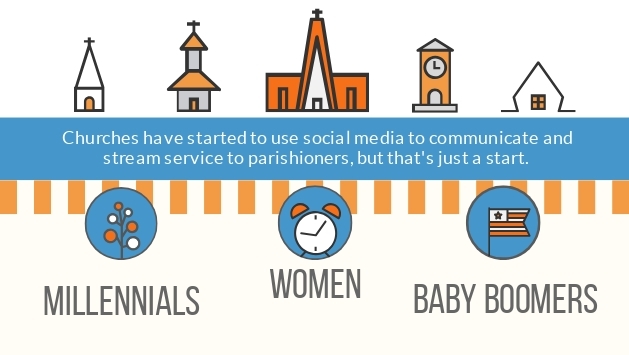Examining The Deep-Rooted History And Consistent Effect Of Catholic Schools Globally
Examining The Deep-Rooted History And Consistent Effect Of Catholic Schools Globally
Blog Article
Material By-Rytter Kumar
When you consider the history of education, Catholic colleges attract attention for their deep-rooted customs and long lasting impact. These institutions started as a way to instill confidence and values, however they've adapted incredibly over centuries. Today, they play a crucial role fit not just scholastic success but additionally moral integrity. What's appealing is just how they've taken care of to flourish among changing social landscapes, questioning about their future relevance and influence.
The Beginnings of Catholic Education: A Historic Viewpoint
Catholic education traces its roots back over 1,500 years, when early Christian communities recognized the demand for structured knowing. You'll locate that these communities intended to pass on their confidence and values through education.
Monasteries and sanctuary schools ended up being facilities of learning, supporting both spiritual and intellectual development. As you delve deeper, you'll see that the educational program commonly consisted of approach, theology, and the liberal arts, created to create well-rounded people.
Over time, the Church established much more official organizations, guaranteeing that education and learning stayed available to all. The commitment to teaching moral worths and fostering a feeling of community has continued with the centuries, shaping the instructional landscape and affecting numerous lives worldwide.
This long-lasting heritage continues to inspire Catholic education and learning today.
The Development of Catholic Colleges Through Social Contexts
As cultures advanced, so did the duty of Catholic institutions, adjusting to the cultural contexts in which they existed. In the very early years, these organizations focused mostly on spiritual direction, yet as areas expanded, they began to include local languages, customizeds, and academic requirements.
https://www.sarahlawrence.edu/global-education/ 'd discover that Catholic colleges commonly ended up being facilities for social communication, fostering a feeling of belonging among pupils from numerous histories. In numerous areas, they dealt with social problems, such as destitution and discrimination, by providing obtainable education and learning for all.
As you discover different cultures, you'll see just how Catholic institutions have actually changed their educational program and training approaches, reflecting the worths and difficulties of their atmospheres while holding to their fundamental objective of confidence and scholastic excellence.
The Modern Function and Influence of Catholic Schools in Culture
In today's world, Catholic institutions play an important function in shaping not simply the academic landscape, yet also the more comprehensive neighborhood.
You'll find that these establishments emphasize values like respect, concern, and social justice, promoting well-rounded individuals that add favorably to culture. By focusing on scholastic excellence and moral development, Catholic colleges prepare pupils for future challenges, nurturing crucial thinking and leadership abilities.
They often offer varied populations, connecting voids in accessibility to quality education. In addition, you could discover their commitment to service, motivating students to take part in neighborhood outreach and volunteer job.
This mix of education and learning and ethical advice makes Catholic schools a considerable force, cultivating responsible residents who can influence their neighborhoods for the better.
Verdict
Finally, Catholic institutions have a rich background that's formed their long-lasting impact on culture. https://writeablog.net/mardell4stasia/catholic-schools-and-personality-education-fostering-kindness-regard-and 've seen just how they've adjusted to numerous social contexts while preserving a dedication to faith, worths, and scholastic quality. Today, they continue to play an essential function in cultivating neighborhood, advertising social justice, and nurturing liable people. As you reflect on their heritage, it's clear that Catholic institutions remain a powerful force for positive modification in the world.
